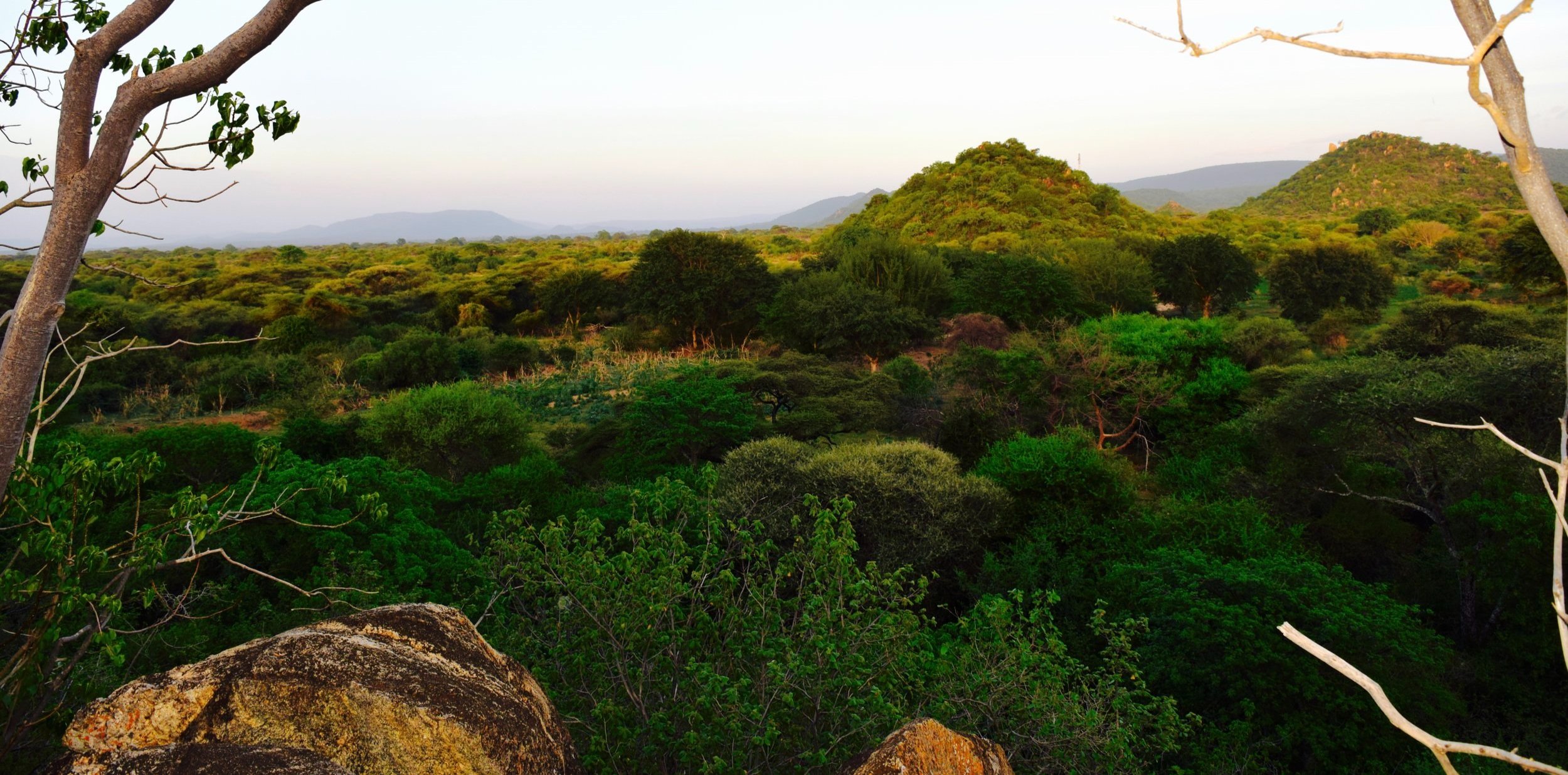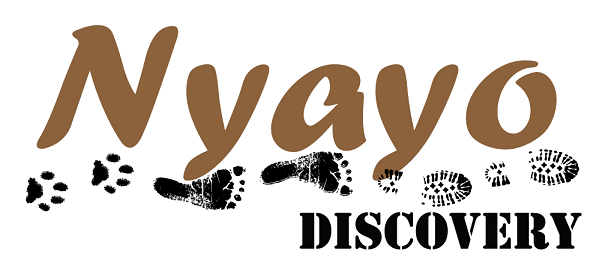
CLIMATE EMERGENCY PLAN
This is a working document and will be updated on a regular basis.
As a family run local tour operator in Tanzania, we don’t necessarily have the same access to resources as larger, international companies. We aren’t funded by big investors and we don’t have access to state funded recycling facilities. However we are passionate about reducing our impact and leaving the world in a better position than we found it.
We’ve analysed our activities and have identified 3 key areas of environmental impact. This takes into account Tanzania’s main source of emissions: deforestation.
1) Waste:
Office supplies (paper, printer cartridges, technological waste)
Mobile camps – food, packaging.
Old equipment
Oil/fuel and grease
Water (cleaning and laundry)
2) Pollution:
Fuel
Cleaning products
Plastic (packaging, office stationary, camping equipment)
3) Emissions:
Safaris and transfers
Employee transport
Internal flights
Purchases
Fuel (vehicles and cooking)
What are we Already Doing?
Reducing plastic waste
Switched to filtering our own water
Where water quality isn’t suitable we use refillable water bottles
Guests bring their own water bottle’s or we sell our own/encourage them to buy on arrival
We are working with suppliers to remove plastic food packaging (i.e using suppliers that offer refills instead of buying pre-packaged goods).
Using alternatives to plastic across our business: home-compostable plant-based plastic and paper hygiene bags in our camping toilets, non-plastic food wraps, choosing renewable materials where available.
Reuse and repair
Taking good care of and repairing equipment (such as tents etc) locally where possible (and where this won’t create a safety risk) instead of buying new.
Getting creative with scrap (camp furniture etc) and making use of local artisans who reuse waste in their products.
Buying second hand (e.g. electric equipment - all our office laptops have been bought second-hand refurbished through reputable dealers such as Back Market).
Reusing waste paper.
Refilling printer ink cartridges.
Food waste
Meals are served buffet-style so visitors only take what they want. Since it is culturally unacceptable to throw away food, all leftovers (if there are any) are offered to families and community members. Any raw organic waste such as vegetable trimmings are composted where possible.
Reducing our carbon footprint
Measuring our emissions
Purchasing as much as we possibly can locally to avoid imports. Where it’s not possible to buy locally made items we prefer to buy imports from local businesses instead of importing directly from abroad. This includes camping equipment and supplies, office equipment and supplies and vehicle parts.
Directors travel – using public transport or walking where possible, flying as a last resort.
Employee travel – Encouraging active travel and public transport. Car-pooling.
Solar panels – reduces need for generators at the office and when power supply is low or unpredictable.
Promoting community-based programs – this reduces the amount of vehicle usage significantly as, other than transfer between sites, all community-based programs are done on foot.
Promoting “slow” safaris with plenty of walking as this can significantly reduce the carbon footprint of our trips and is a fantastic way to see wildlife.
Encouraging visitors to offset their emissions* using local carbon credit organization, Carbon Tanzania.
Investing in forestry management and other low carbon or carbon capture projects as part of our profit sharing policy.
Educating our community partners on sustainability where we identify gaps in knowledge.
Research - We are always on the look out for new ideas that have a measurable impact.
* Without a doubt, natural forests, especially those within traditional rangelands and therefore managed by Indigenous Peoples need protection. They are natural carbon sinks and help regulate the water cycle, providing cooling for our planet during the warmer months and essential habitats for wildlife. Carbon offsetting is one way to do this in the medium to short-term but we are very aware that whether this is a viable method for mitigating the climate emergency long-term remains to be seen. Therefore carbon offsetting should not be relied upon to reduce our emissions but should be a temporary means to offset any remaining emissions we simply cannot currently avoid.
Where Can We Do More?
Utilising Technology and Innovation
We want to make the most of technological innovation at a local level. Our long term goal is to have a fleet of (dare we say it!) electric safari vehicles. We are also researching and experimenting with sustainable cook stoves, sustainable briquettes and other cooking alternatives. We aim to increase the percentage of renewable electricity we use in the office.
Collaboration
We want to increase our scope for collaboration with other operators, suppliers and stake holders, share ideas and work together to increase the sustainability and regenerative capacity of the tourism market in Tanzania.
Promote Local Tourism
The pandemic has once again shown us just how vulnerable (but also resilient) the tourism industry in Africa is to global shocks. The market crash of 2008, terrorism, the Ebola outbreak and then Covid 19 has made for a challenging decade. Expanding our offering to local markets is not only better for the environment and emissions, but it also helps buffer us against any future shocks that may be on the horizon.
And finally…
Research, research, research
We want any changes we make to be scientifically, socially and ethically viable.
Last update September 2024
